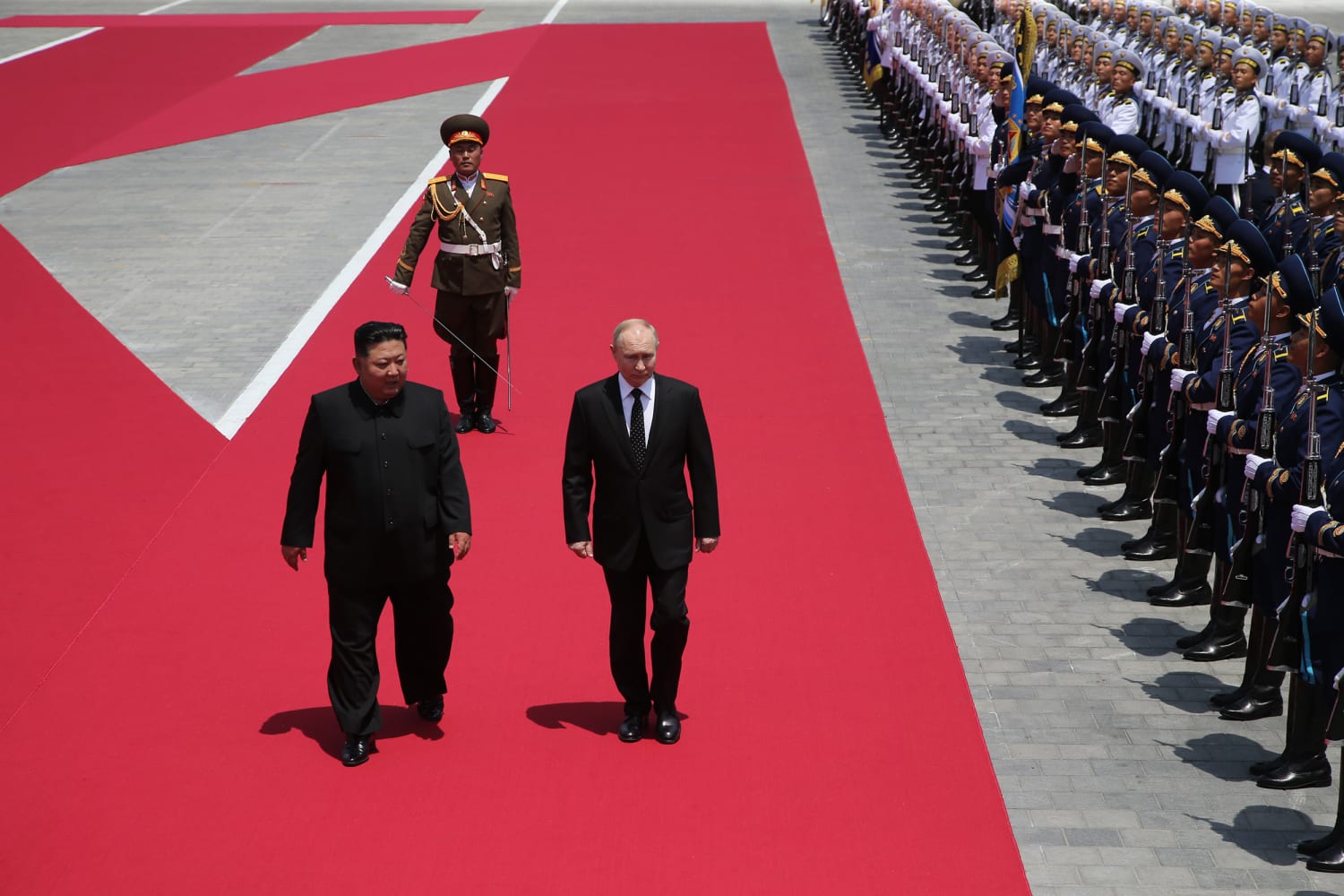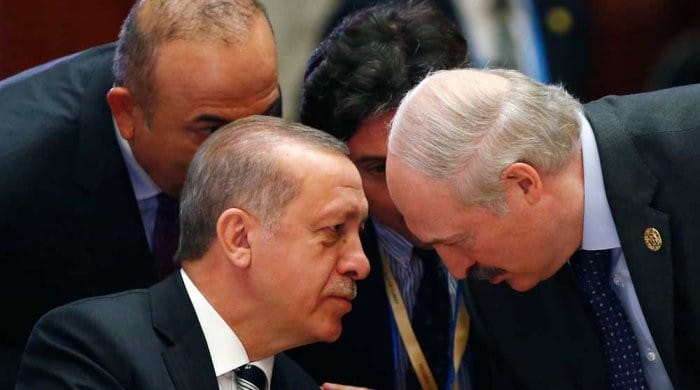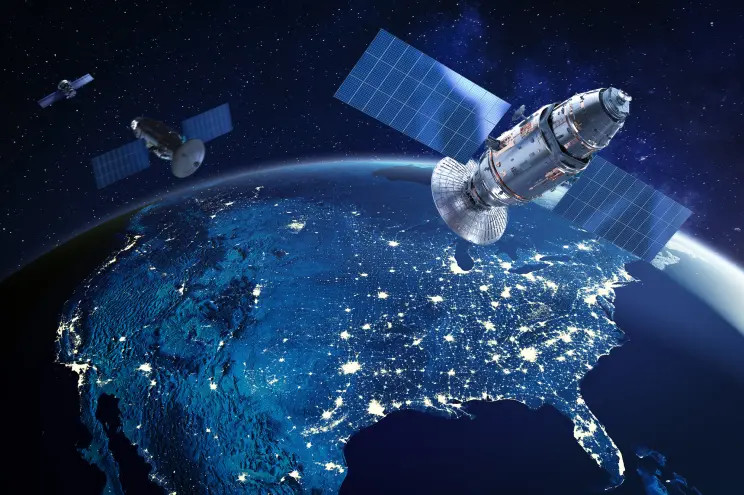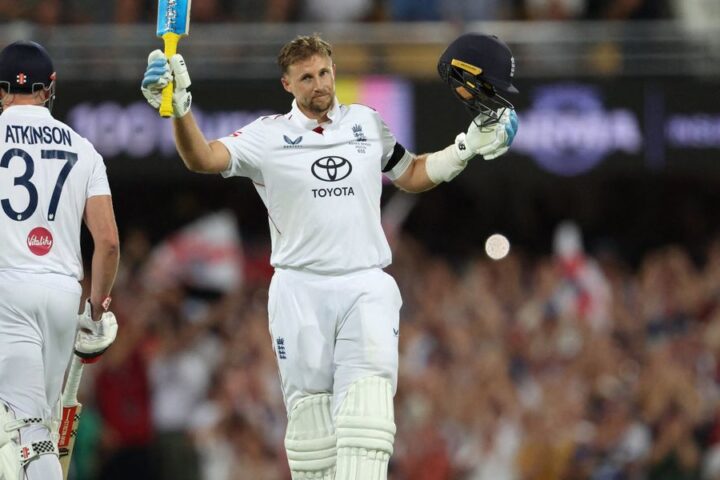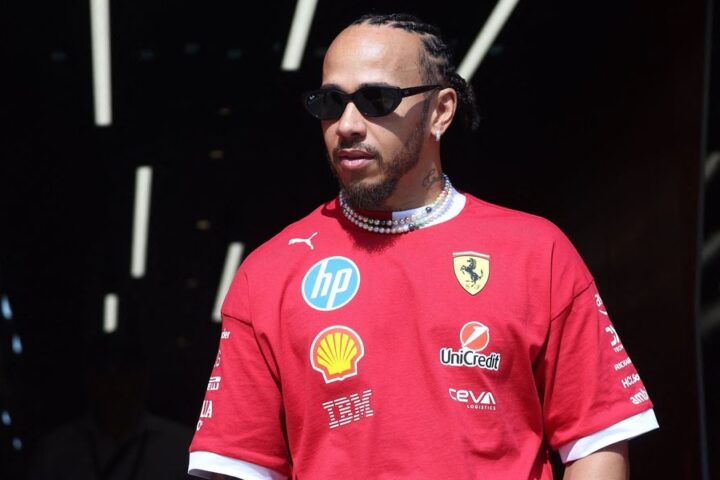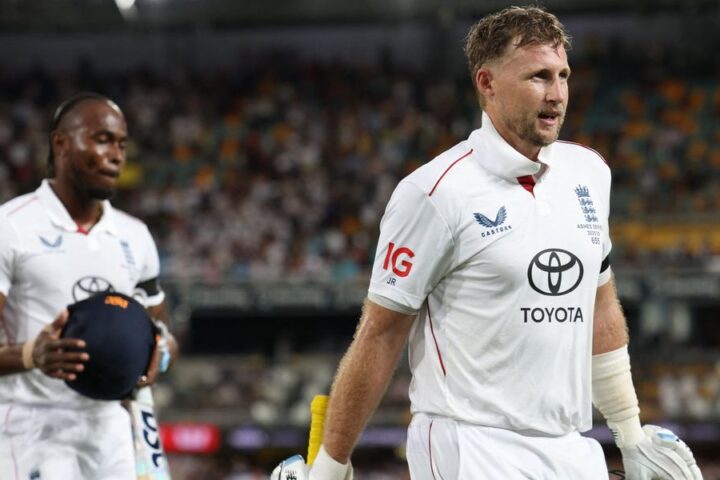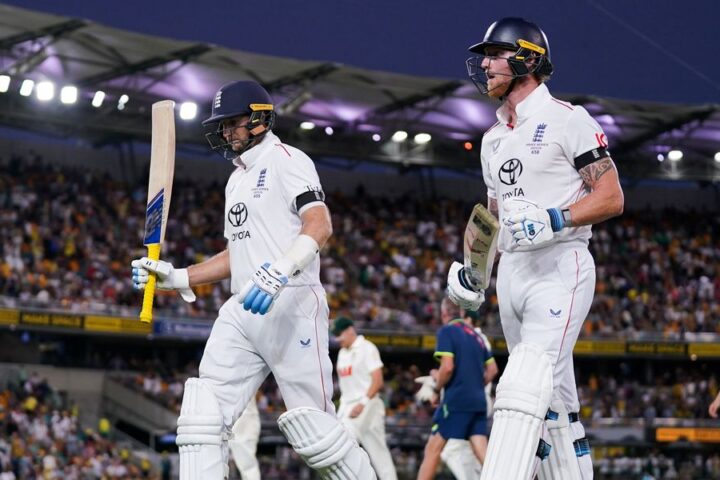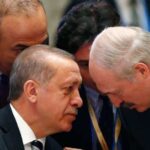North Korea is preparing to deploy an additional 6,000 soldiers to Russia to support Moscow’s campaign against Ukraine, according to South Korea’s National Intelligence Service. The classified assessment, shared during a closed parliamentary briefing on September 2, stated that Pyongyang has already suffered around 2,000 combat fatalities among its deployed personnel, while acknowledging publicly only 350 deaths. The planned dispatch would mark the third wave of North Korean troop deployment to the Russian front.
Previous deployments and casualties
Seoul’s intelligence confirmed that more than 1,000 North Korean military engineers, sappers and construction units have already been stationed inside Russia. Western intelligence agencies earlier estimated that Pyongyang initially sent about 13,000 soldiers, of whom nearly half were killed or wounded during intense fighting in Russia’s Kursk region. This was first highlighted by Britain’s intelligence service in June, which assessed that North Korean units had taken severe losses in direct combat with Ukrainian forces.
Arms supplies and covert cooperation
Alongside troop deployments, Pyongyang has become a crucial supplier of munitions to Russia. Analysts note that over one third of the artillery shells used by Russian forces on Ukrainian battlefields originate from North Korea. Independent investigations have indicated deliveries of more than 20,000 containers carrying up to five million shells, as well as missiles and rocket artillery. In return, Moscow is believed to be transferring sensitive military technologies to North Korea, including assistance for its satellite program.
Efforts to conceal the scale of cooperation have also been reported. In July, the U.S.-based Institute for the Study of War noted that North Korean nationals were entering Russia under the guise of labor migration before being recruited into Russian military formations.
Strategic partnership and global concerns
The growing military alliance between Moscow and Pyongyang has raised alarm among Western governments. Both sides ratified a comprehensive strategic partnership in late 2024, while officially denying weapons transfers. However, in April 2025 North Korea admitted for the first time that its troops were fighting Ukrainian defense forces in the Kursk region. The conflict has provided Pyongyang with valuable battlefield experience, reinforcing its military capabilities.
The wider geopolitical picture has also shifted. Russia’s war against Ukraine has contributed to the emergence of what analysts describe as an “axis of four” — Russia, North Korea, Iran and China — united in opposition to democratic states and liberal institutions. The alignment underscores how the war has evolved from a regional confrontation into a flashpoint with global strategic consequences.
